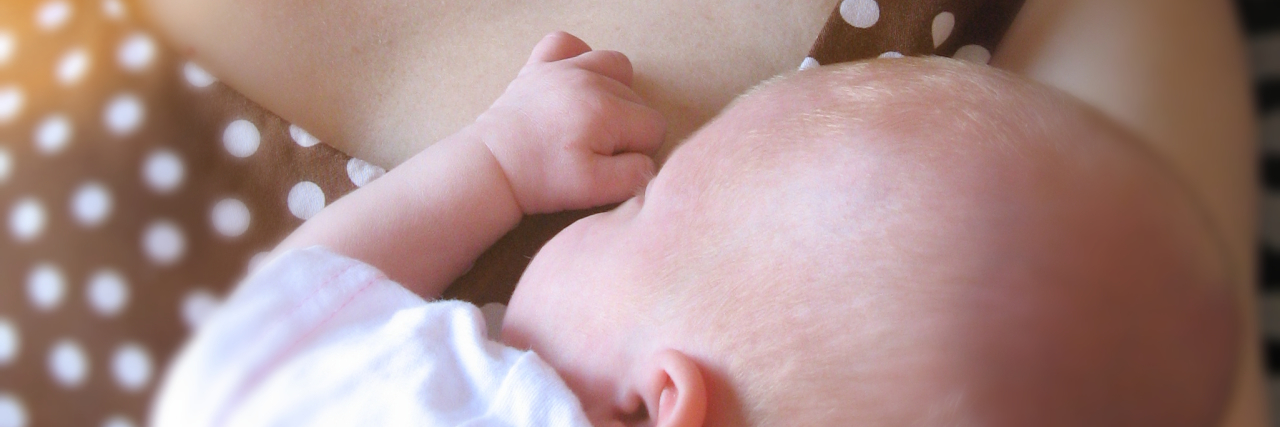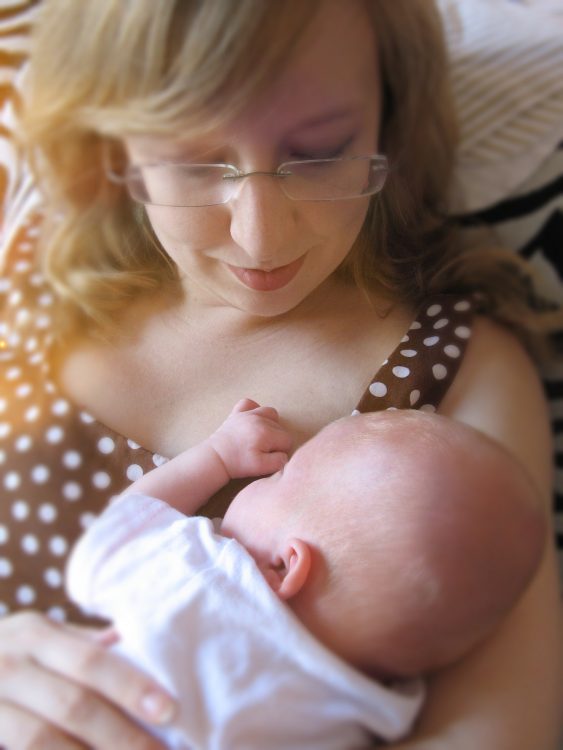How My Daughter With a Disability Has Brought Me a Deeper Joy
I will never forget that taxi ride back from the doctor’s office after receiving news my unborn daughter had a brain malformation. I don’t recall what the driver was droning on about, but I remember intently staring out the window at the War Museum as we went slowly down Ritzari street. I kept my face turned away from the driver’s seat. For some reason, it seemed very important at that moment that he not see me crying.
I managed to keep it in until we were back inside our apartment. There’s a grief that comes with the unexpected news that your baby will have to face extra challenges. All the plans I had made for her came crashing down, replaced with phrases I heard from the doctor, like “cerebellar malformation” and “low IQ.”
That night, I began praying fervently for the one thing that seemed most important to me at the time: that she would be able to smile.
When Monica was born, there wasn’t much to indicate that something was different about her brain. She had the telltale spots of alopecia that other children with rhombencephalosynapsis have, but that was all that seemed different about her. She was tiny and red-haired and beyond adorable.
As Monica grew, she began to lag behind other children her age. I kept reading about developmental milestones; she wasn’t meeting them when most other babies were. Finally, I stopped scanning the internet for milestone charts.
However, her story is mainly about the joy. The deep, deep joy when she makes progress! When the child who couldn’t sit unaided manages to do so for 30 seconds, when the child who struggled to speak finally does, when the child who wouldn’t eat solids gets down a full meal — that is a happiness beyond reckoning.
As many other mothers of children with disabilities, I am part of a few different Facebook support groups. Whenever parents post a video of their child achieving even the smallest of milestones, we all cheer. I imagine a few of us cry. Because we know — we know all too well — how much that seemingly insignificant growth means. We know how many hours of therapy, how much frustration, how many tears, went into that one small bit of progress.
When Monica was about seven months old, my husband started goofing around with one of my scarves. For some reason, Monica thought her daddy’s antics were hysterical. She laughed a little, then a lot, and then she belly-laughed over and over again like we had never seen her do before. I grabbed a camera and recorded it. After Monica calmed down, I was left choking back tears again. Not the sad, heart-broken tears of that taxi ride from the doctor’s office, but tears of joy. I used to pray that my little girl would at least be able to smile. And that day she had not just smiled, she had laughed. In her laughter, our joy overflowed.
A version of this post first appeared on An American in Athens.


